Discover at a glance what falling inflation in the US and the UK, the fragile recovery in Germany and new tax developments mean for your wealth. This update gives you clear insight and direction into a rapidly changing market.
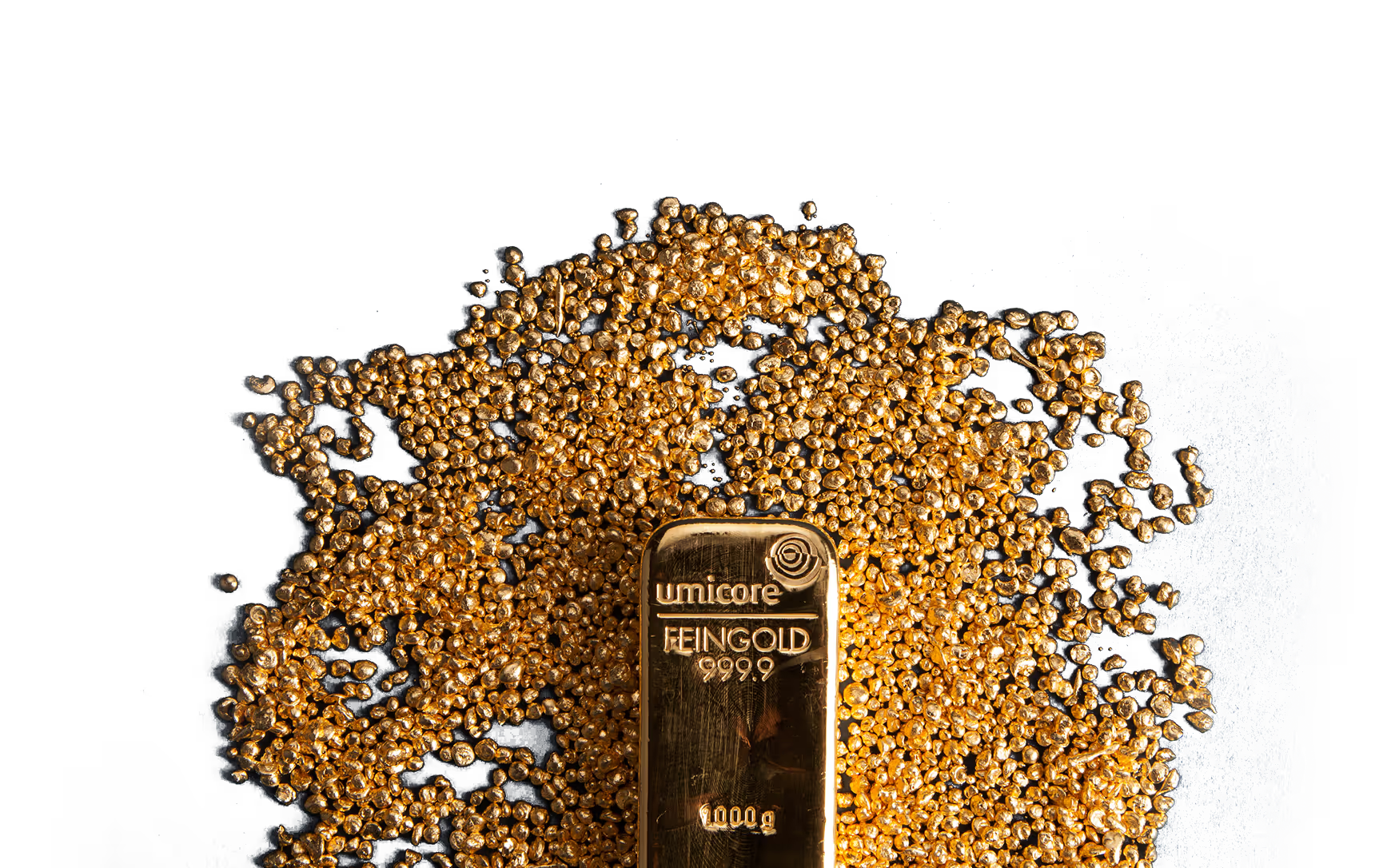
Investing in precious metals offers an attractive alternative to traditional savings and investment options, especially in times of economic uncertainty. By buying precious metals, investors can not only protect themselves against major shocks in the financial system, but also benefit from the stable value these metals traditionally provide.
Inflation
Buying gold offers protection against inflation. When the value of currency declines due to rising prices, gold generally holds its value better than traditional savings and investment options. By purchasing gold, investors can hedge against the loss of purchasing power of fiat money.
Diversification
Investing in physical precious metals is an effective way to diversify and spread risk. By buying gold, you add stability to your investment portfolio, as gold is less sensitive to stock market volatility and geopolitical tensions—especially in uncertain times.
Crisis protection
In times of economic uncertainty or crisis, buying gold is often seen as a safe haven. Gold has consistently maintained its value in the past, even when the financial system was under pressure. Holding physical gold provides investors with the security of a stable asset, which is crucial during financial crises and market turmoil.
Over the past 20 years, the gold price has performed strongly, delivering solid returns - particularly during periods of economic uncertainty. Compared to the S&P 500, Bitcoin and oil, gold has proven to be a stable store of value, while other assets have shown varying returns and levels of volatility depending on market conditions.

Simple
Easily invest in physical precious metals, manage your portfolio online and sell 24/7 at the live market price.
.avif)
100% physical precious metals
At GoldRepublic, you buy real physical metal, stored in professional vaults, accessible to every investor—large or small.
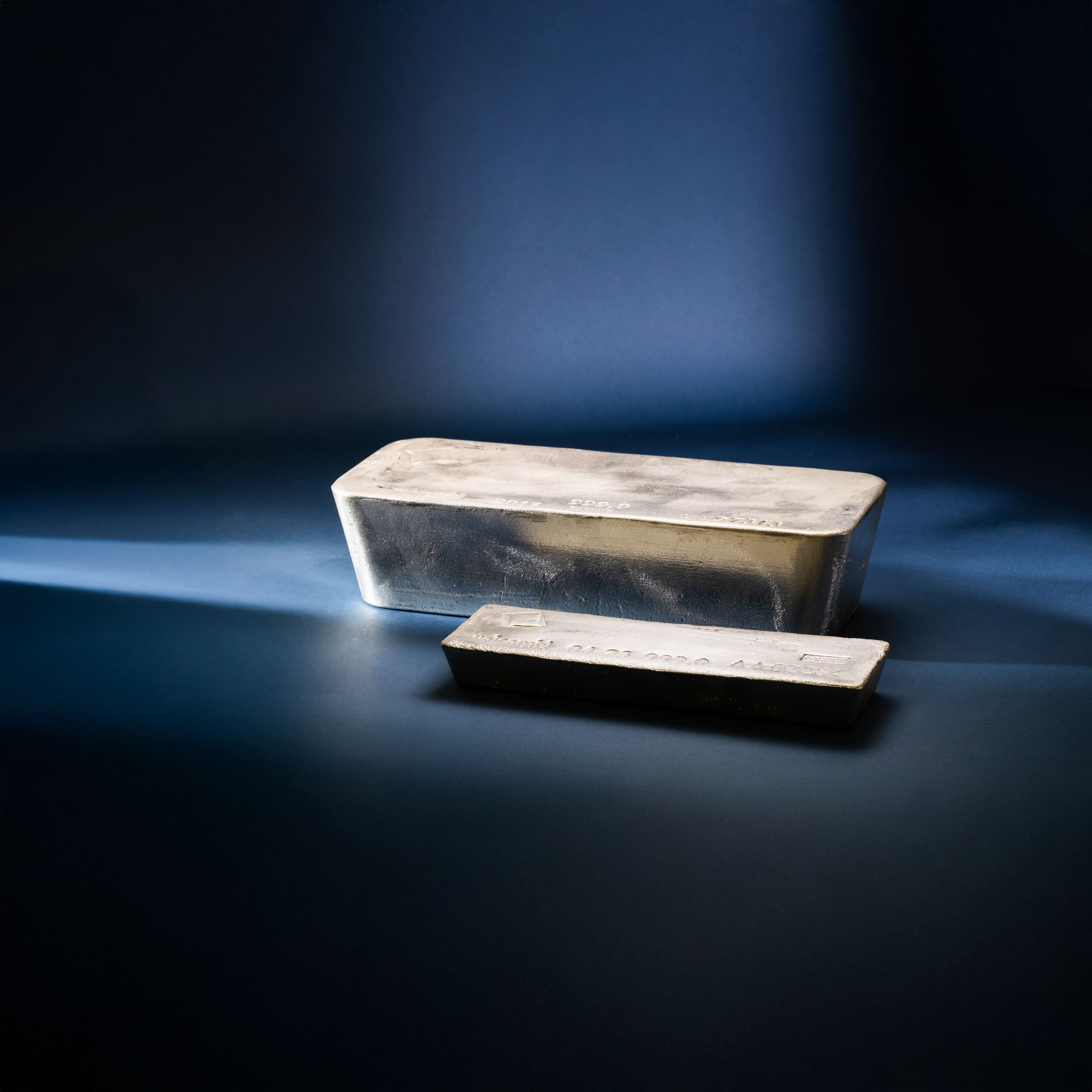
Secure and fully insured storage
Your gold is stored in high-security vaults in Zurich, Amsterdam and Frankfurt, professionally managed and fully insured against damage and theft.

LBMA-certified refineries
We only work with accredited refiners that meet the highest LBMA quality standards.
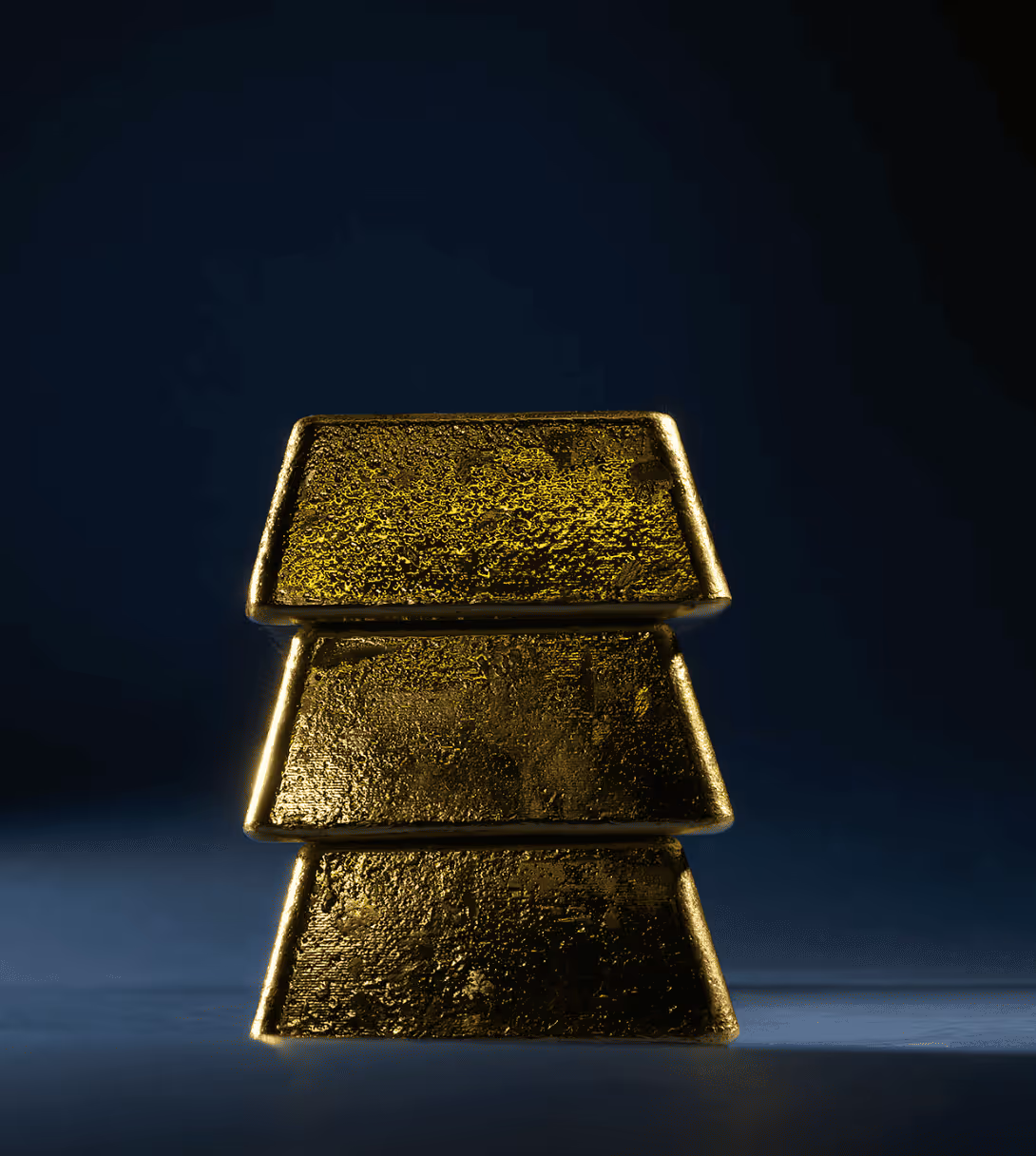
Gold
Invest in physical gold for stability and protection against economic uncertainty. With GoldRepublic, you own 100% physical gold, fully insured and stored in secure vaults.
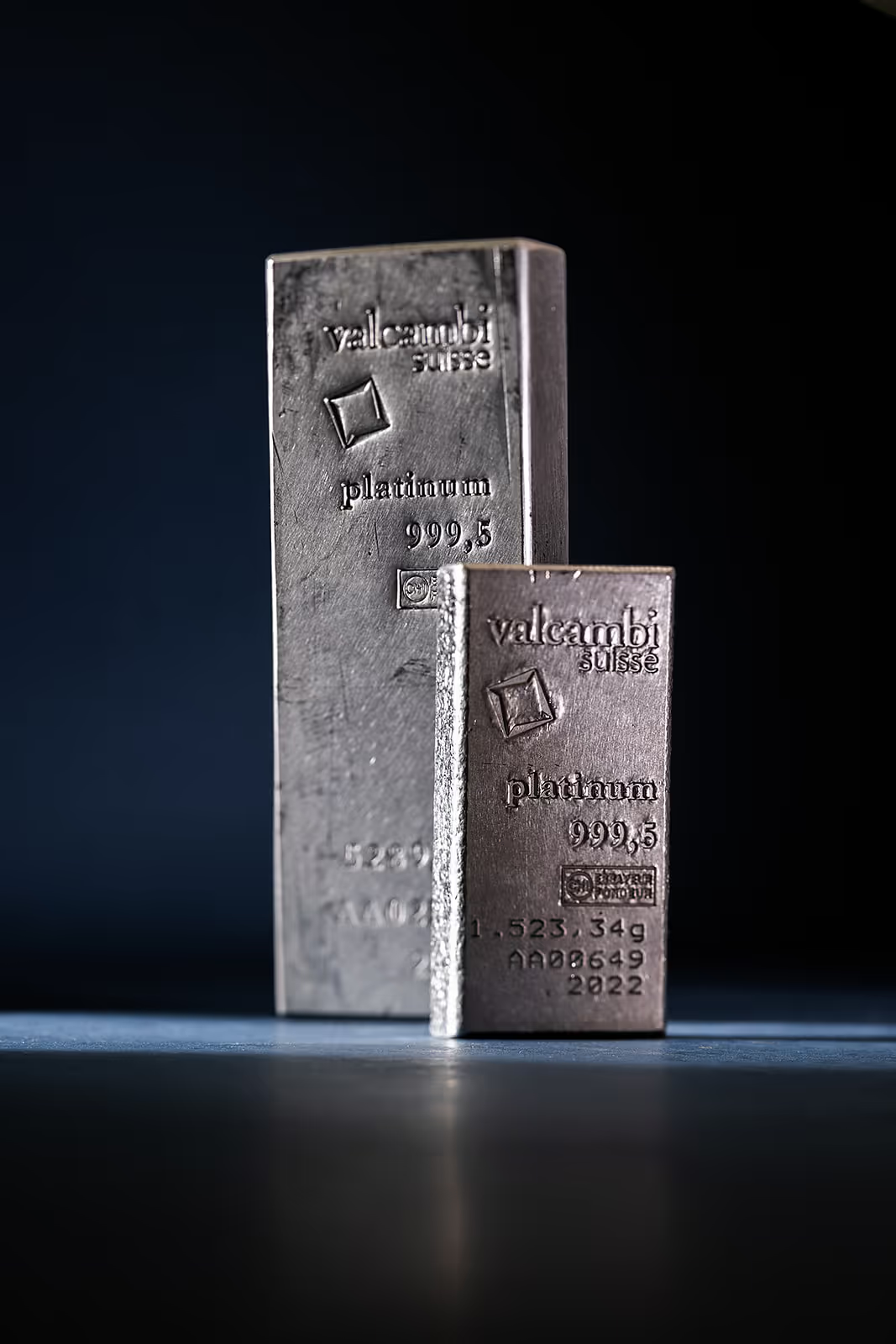
Silver
Buying silver provides a valuable addition to your portfolio. Benefit from rising industrial demand and silver’s long-term potential as a precious metal investment.
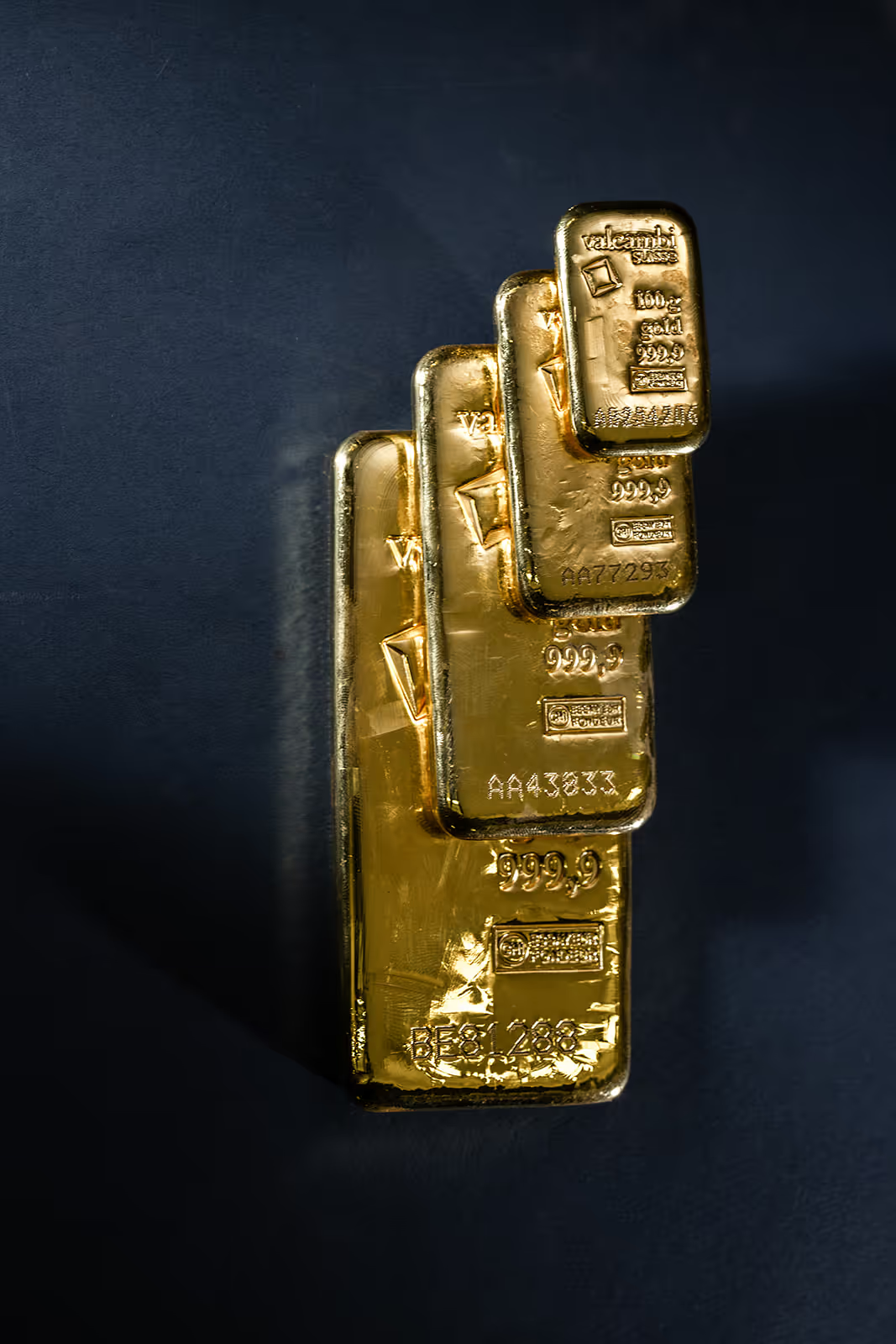
Platinum
Buying platinum is an excellent choice for investors who want to benefit from the rarity and industrial applications of this precious metal. Protect your wealth with high-quality platinum.
At GoldRepublic, gold becomes art. Each piece is uniquely connected to a vaulted gold bar and secured by a verified digital token on the blockchain. Choose from stunning photographic creations inspired by real gold bars or exclusive artworks crafted entirely from solid gold. Every artwork unites beauty, authenticity, and tangible value offering collectors a timeless fusion of fine art and precious metal, secured with the transparency of blockchain technology.
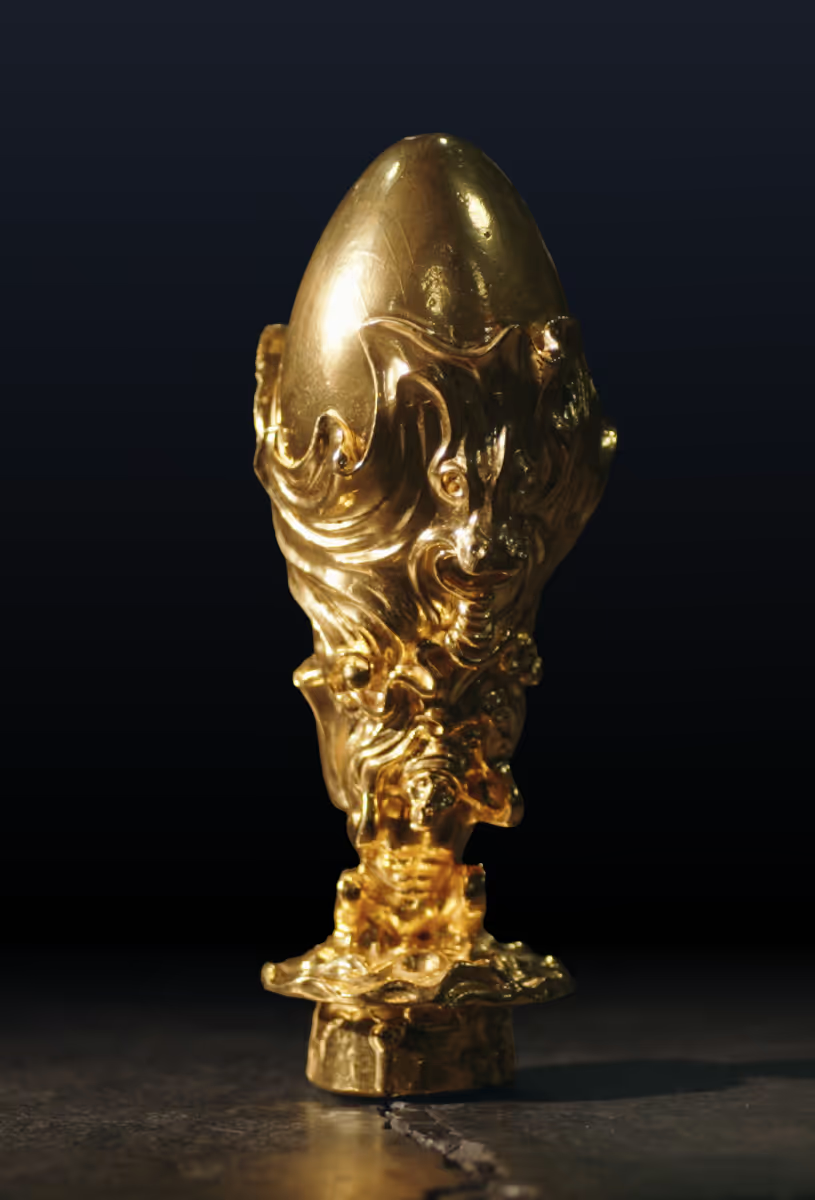
Accounts
Precious metals under management
Total traded precious metals
App downloads

Investing in physical gold offers stability, security and protection in uncertain times. Historically, gold has maintained its value regardless of fluctuations in financial markets. It serves as a reliable hedge against inflation and currency volatility, and represents a tangible, liquid and globally recognized form of wealth. This makes physical gold a solid addition to a well-balanced investment portfolio.

You can easily open an account on our website. After submitting your information and completing identity verification, you can begin buying precious metals right away.

Yes, GoldRepublic is licensed and regulated by the Dutch Authority for the Financial Markets (AFM) as a provider of investment products.

Yes. At GoldRepublic, you buy actual physical gold, stored securely in professional vaults. You retain full legal ownership of the metal.

You can invest from as little as $50 or 1 gram of precious metal. A monthly savings plan is also available for automatic recurring purchases.
The latest updates, analysis and insights from precious metals and financial markets
Open an account for free and discover how easy it is to trade physical bullion with GoldRepublic